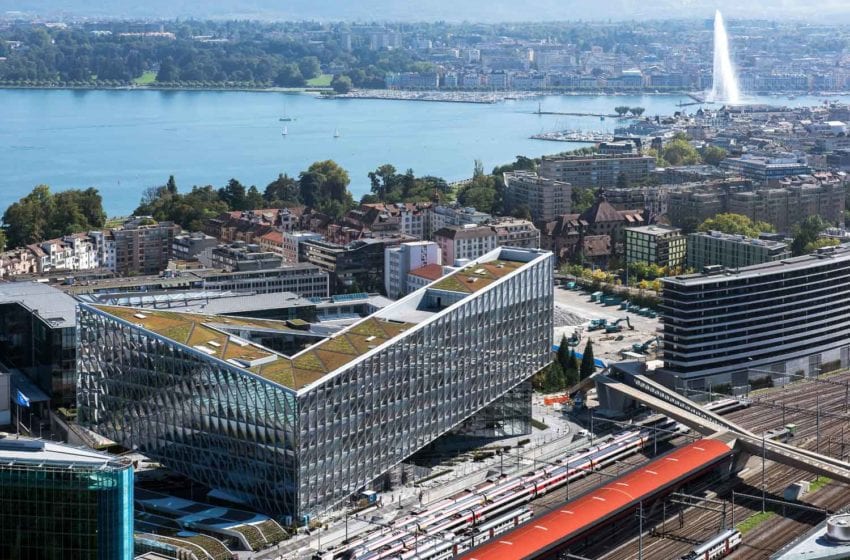JTI is giving its employees the flexibility to work up to 50 percent of their time per month away from the office, benefit from flexible core hours and work up to 10 days abroad, among other “New Ways of Working” (NWOW) measures, which redefine where and how work is done.
Following the success of remote working during the pandemic, JTI says it has built its new working model around four core elements: greater FLEXibility in ways to work, LEAD with more autonomy, LIVE a more balanced work-life blend and BELONG at JTI—regardless of if one is based in an office, factory or operates in the field.
“Like most people working today, and even before the pandemic hit, achieving more of a work-life balance has been a key priority for our employees,” said Howard Parks, senior vice president of people and culture at JTI, in a statement.
“Flexible working and the ability to work abroad for up to 10 days per year are the latest examples of measures to help every employee feel empowered to strike that balance. Performance and outcomes are what matter here, not hours spent in the office.”
JTI’s NWOW guidance follows the launch in January of the company’s pioneering equal family leave policy, which offers a minimum of 20 weeks fully paid leave to all new parents globally.
We recognize the responsibility we have to do all we can to support our employees and that being happy and content in how they balance their work and personal lives will serve everybody for the better.
Christiane Bisanzio, vice president of diversity and inclusion, JTI
“We recognize the responsibility we have to do all we can to support our employees and that being happy and content in how they balance their work and personal lives will serve everybody for the better,” said Christiane Bisanzio, vice president of diversity and inclusion at JTI. “We understand the importance of flexibility and the need to be agile, which is why our new policy is intended to be evolutionary, and with every new learning, we will improve and refine our approach. As far as JTI is concerned, work is an activity, not a place or time.”
The new policy was rolled out on July 1, 2021, and an additional measure of a four-day work week will be piloted in the first quarter of 2022 across selected locations. Further steps are being taken, including close collaboration with markets, to ensure flexibility is offered to factory and sales teams, including piloting remote working in mature locations from 2022.

